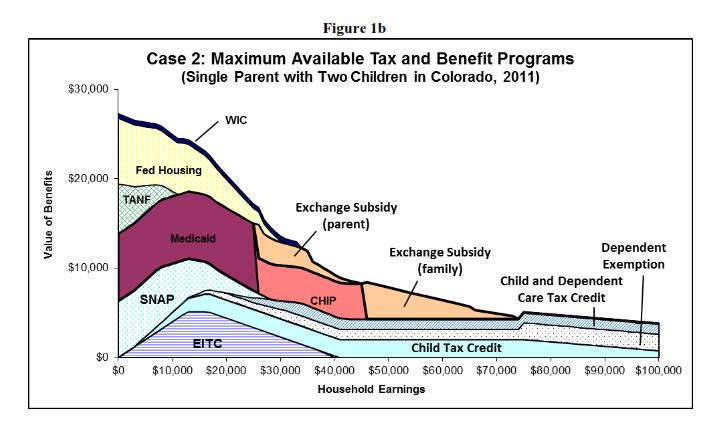The Missing Welfare Debate
The fact-checkers have become their own enemy. The original motivation for “fact-checking” was to expose talking points and spin and to give the public the facts about claims made by politicians. Now, all too often, fact-check articles serve to cut off debate about legitimately contested disagreements. The final indictment of these articles is that now politicians routinely feature their conclusions in their election ads. Fact-checks have merely replaced the talking points they were meant to discredit.
The observation that the rise of fact-checking has not improved the political discourse is not a partisan one. Both right and left have lodged valid complaints about fact-checking outfits such as Politifact and the Washington Post’s ‘Fact Checker,’ perhaps most notably in successive years when Politifact unnecessarily and improperly awarded its “lie of the year” to Republicans in 2010 for claiming that Obamacare was a “government takeover of health care” and then to Democrats in 2011 for saying that “Republicans voted to end Medicare.” Both claims were defensible, and both were in fact defended by commentators more knowledgeable about the debate at hand than the folks at Politifact.
In the October issue of the conservative Weekly Standard magazine, Mark Hemingway calls out the fact-checking media for stifling debate on the important topic of welfare reform. Hemingway argues, convincingly, that the fact-checkers as a group wrongly dismissed Mitt Romney’s claim that President Obama “gutted welfare reform” and ultimately misrepresented an important aspect of U.S. welfare policy.
I’ve addressed Romney’s claim, that a recent Department of Health and Human Services (HHS) memo relating to the work requirements in the Temporary Assistance for Needy Families (TANF) program undermined the set of 1996 welfare reforms, at length before. But it’s worth revisiting the question in light of the role that fact-checkers have played in shaping the discussion about the Obama administration’s TANF action.
It should be obvious that the accusation that Obama “gutted welfare” not a simple statement of fact and can’t be checked as such, if only because the term “gutted” is a metaphor and has no specific meaning aside from the one intended by the speaker. Romney’s ads have certainly treated Obama’s record on welfare unfairly. Yet it’s also true that, generally speaking, the Obama administration has weakened some of the fiscal restraints and work requirements for welfare programs. This most recent change also represents a move in that direction for the cash welfare program as well. It’s really a judgment call whether it constitutes a “gutting.”
I wouldn’t say it does, because doing so would miss the larger point about what’s happened to the safety net during Obama’s tenure. Since 1996, the welfare system has evolved among so many different programs that this one change to TANF won’t change the overall picture and lead to a mass influx of welfare queens onto the welfare rolls. The Urban Institute’s Eugene Steuerle produced a graph of the incentives facing low-income Americans that shows exactly why that is:
This chart represents the different forms of welfare assistance available to a low-income single parent with two kids in Colorado. TANF, which is the program that the HHS memo applies to, is clearly not the predominant factor in the overall mix of welfare programs. Housing assistance, food stamps (“SNAP”), and the Earned Income Tax Credit (EITC) all figure more prominently, as does Medicaid. It should be mentioned that the Obama administration has loosened eligibility restrictions for each of those programs during the recession, with the intention of counteracting the weakened economy’s impact on state and household budgets and spurring demand. Changing the work requirements for TANF is just not likely to drastically change this representative Coloradan’s incentives to work.
The reality of U.S. welfare policy, in light of the down economy and other secular trends, is complicated. It’s unlikely that more than a tiny fraction of voters understand President Obama’s role in shaping the welfare system. The criticism that he is moving away from the kinds of strategies implemented in the welfare reform law signed by President Clinton is a legitimate interpretation of one aspect of Obama’s record, even if it was couched in partisan language. By calling it a “lie,” the fact-checkers have cut off a line of inquiry that could have led to a larger, and much needed, debate about the welfare system and the shifting nature of the U.S. safety net.




